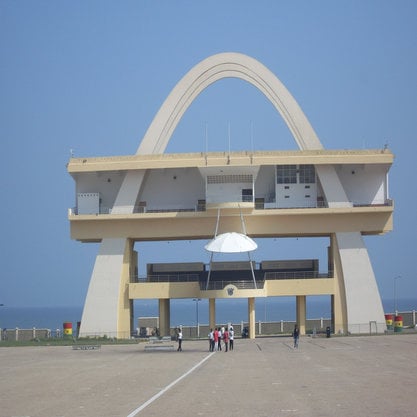Article
Berlin Conference (1884–1885) By Srebrnik, Henry
Article
Abstract
The Berlin Conference of 1884–1885 ushered in what became known as the ‘New Imperialism’. While the first waves of European expansion had focused on the Americas and Asia, the third one concentrated on Africa, largely ignored since the conclusion of the Atlantic slave trade. In 1876 King Leopold II (1835–1909) of Belgium hired Henry Morton Stanley (1841–1904) to explore and colonize the Congo River basin of equatorial Africa. Belgian claims to the Congo led to a ‘scramble for Africa’ amongst France, Germany, Great Britain and Portugal, represented at the Conference. They sought to regulate colonial competition by defining ‘effective occupation’ as the criterion for recognition of territorial claims—colonies were recognized if actually possessed. The Berlin Conference remapped Africa without considering cultural or linguistic borders, dividing the continent into some 50 different colonies. Only Ethiopia and Liberia remained independent. The New Imperialism gave rise to new social views of colonialism, including the idea of ‘civilizing’ Africans, as described in Rudyard Kipling’s poem ‘The White Man’s Burden’ (1899), while critiqued by others such as Joseph Conrad in Heart of Darkness (1899). European powers tried to associate colonial rule with the goals of justice and morality, resulting in the rule over tropical lands gaining widespread acceptance.
A revised and expanded version of this article is available here.
The Berlin Conference of 1884–1885 ushered in what became known as the ‘New Imperialism’. While the first waves of European expansion had focused on the Americas and Asia, the third one concentrated on Africa, largely ignored since the conclusion of the Atlantic slave trade. In 1876 King Leopold II (1835–1909) of Belgium hired Henry Morton Stanley (1841–1904) to explore and colonize the Congo River basin of equatorial Africa. Belgian claims to the Congo led to a ‘scramble for Africa’ amongst France, Germany, Great Britain and Portugal, represented at the Conference. They sought to regulate colonial competition by defining ‘effective occupation’ as the criterion for recognition of territorial claims—colonies were recognized if actually possessed. The Berlin Conference remapped Africa without considering cultural or linguistic borders, dividing the continent into some 50 different colonies. Only Ethiopia and Liberia remained independent. The New Imperialism gave rise to new social views of colonialism, including the idea of ‘civilizing’ Africans, as described in Rudyard Kipling’s poem ‘The White Man’s Burden’ (1899), while critiqued by others such as Joseph Conrad in Heart of Darkness (1899). European powers tried to associate colonial rule with the goals of justice and morality, resulting in the rule over tropical lands gaining widespread acceptance.


